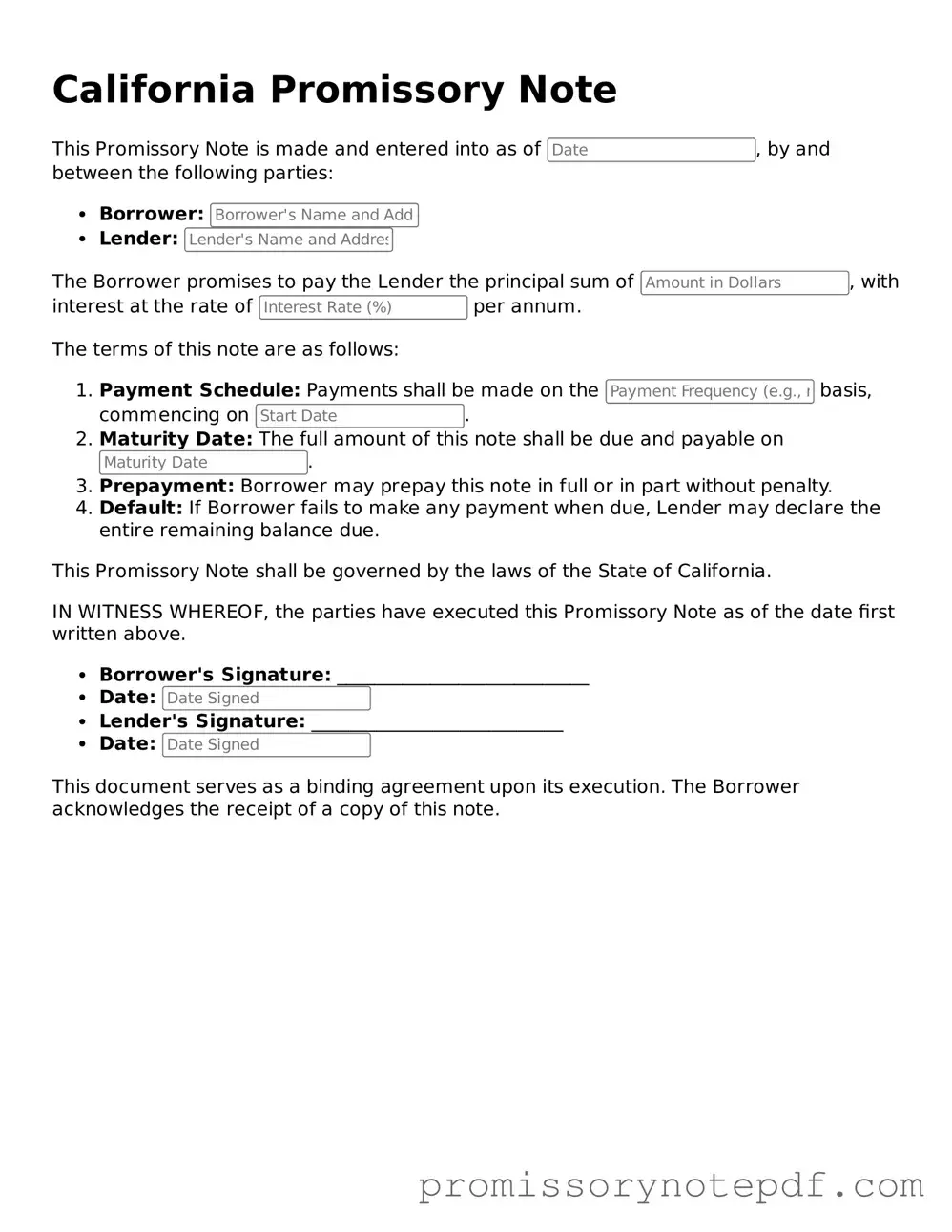Common mistakes
-
Incorrect Amount: Many people fail to write the correct loan amount. Double-check the figure to ensure accuracy.
-
Missing Date: Some forget to include the date when the note is signed. Always add this to avoid confusion later.
-
Wrong Borrower Information: Ensure that the borrower's name is spelled correctly and matches their identification documents.
-
Failure to Specify Interest Rate: Not indicating an interest rate can lead to disputes. Clearly state the rate to prevent misunderstandings.
-
Omitting Payment Terms: Some do not outline the payment schedule. Specify due dates and payment amounts to keep everything clear.
-
Neglecting Signatures: Both the borrower and lender must sign the document. Missing signatures can invalidate the note.
-
Inadequate Witness or Notary: Depending on the situation, a witness or notary may be required. Make sure to comply with these requirements.
-
Not Keeping Copies: Failing to make copies of the signed note can lead to issues later. Always keep a record for your files.
